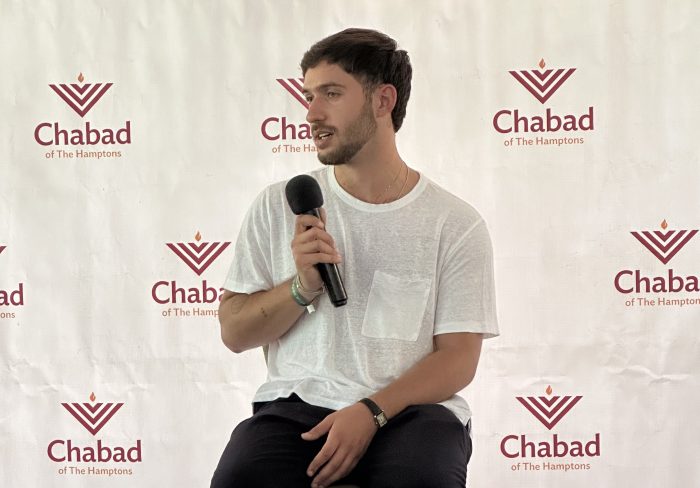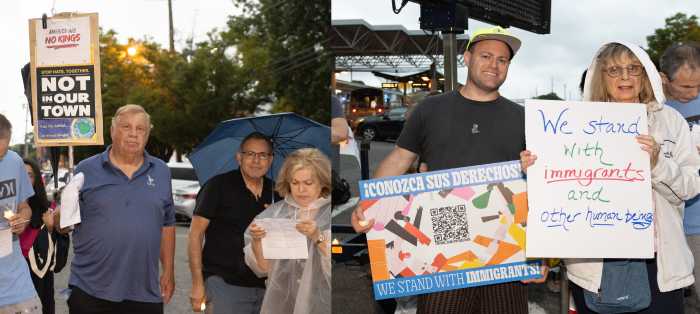Lost Love
Last spring brought the tragic news of the death of Yeardley Love, a member of the University of Virginia (UVA) women’s lacrosse team, allegedly at the hands of her boyfriend, a UVA men’s lacrosse team player, in an alcohol-fueled fit of rage. Both teams competed in NCAA championship tournaments after Love was buried.
News of the tragedy and the school’s subsequent decision to play on, led me to wonder about how Love’s surviving teammates and friends coped with their emotional turmoil. Being a student-athlete requires a difficult balancing act. Yet there can be no preparation for sudden, inexplicable and violent death.
To explore this further, I interviewed Bob Malekoff, professor of sports studies at Guilford College in Greensboro, N.C., and former men’s lacrosse and women’s soccer coach at Princeton University. Bob is also my younger brother and the author of the critically acclaimed book, On the Mark: Putting the Student Back in Student-Athlete.
Andy: What do you think about the decision of the UVA teams to play after Love’s death?
Bob: While the two coaches were likely consulted, the ultimate decision would lie with the athletic director and senior university administration – including the president. Although cancellation may have been a wise course of action, there was a great deal of discussion about honoring the wishes of the Love family, which were for both teams to compete in the tournament.
Andy: How do intercollegiate athletics fare when it comes to monitoring off-field behavior?
Bob: Competitive success typically trumps behavioral conduct. This can be seen at all levels from youth sports through professional ranks and, certainly, in intercollegiate athletics. As interest in the game of lacrosse has grown, there is increasing pressure on coaches to win championships. This might lead to less vigilance regarding the off-field behavioral issues of some athletes.
Andy: How does the culture of intercollegiate athletics affect young people just out of high school?
Bob: This depends on the coach and administration. There are coaches who focus on the whole person. Others focus almost exclusively on winning. The shame in the latter is that it doesn’t have to be an either-or proposition. Although some conveniently blame coaches, they ought to look, as well, at college leaders who reward competitive success and little else. Coaches who consistently make values-based decisions should be supported and lauded.
Andy: Some reports suggest that, prior to Love’s death, there were signs of violence by her boyfriend.
Bob: No one can blame Yeardley Love’s teammates or members of the men’s lacrosse team for this tragedy. However, there is no doubt that they are now far more aware of what a lethal combination unchecked anger and alcohol can be and how they can contribute to domestic violence.
At UVA’s graduation in May, Yeardley Love received a posthumous bachelor’s degree. In his final speech before retiring, University President John Casteen III recalled some things he would never forget about the school: “The sounds of children on the lawn during Halloween. The chapel’s bells. The cheers at games… And the name of Yeardley Love.”






























